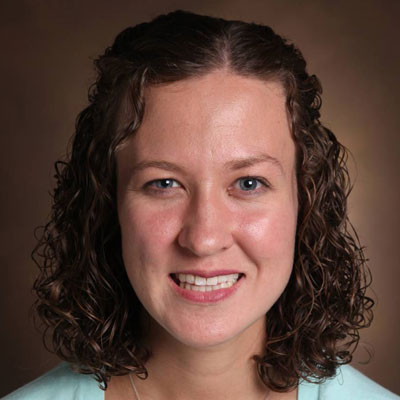Vanderbilt study raises concerns about multivitamin supplements and cold therapies containing zinc.
Too much zinc in the diet can increase risk of infection by one of the most common causes of hospital-acquired infections, Clostridium difficile or “C. diff.”
The study in mice calls into question taking supplements and cold therapies containing high concentrations of zinc.
The findings were recently reported in the medical journal Nature Medicine.
“It is important to know what you are putting into your body,” said Eric Skaar, Ph.D., a professor of pathology, microbiology and immunology in the Vanderbilt University School of Medicine. “Multivitamins and other supplements are really only needed by those with a particular nutritional deficit in their diet.”
In the United States, C. diff infects about a half million people each year. The infection causes disease ranging from diarrhea to life-threatening inflammation of the colon (colitis), according to the Centers for Disease Control and Prevention.
Skaar and his colleagues discovered that high levels of zinc change the community of organisms in the gut – called the microbiome — in a way that is similar to the effects of antibiotic treatment. Antibiotic treatment is the primary risk factor for C. diff infection.
“Antibiotics make someone susceptible to C. diff by killing many of the healthy organisms in the gut and decreasing microbial diversity, which allows C. diff to take hold,” Skaar said. “A high zinc diet changes the structure of the microbial community in a similar way and reduces the threshold of antibiotics that are needed to convert a resistant microbial community to one that is sensitive to C. diff.”
In addition to raising concerns about multivitamin consumption, Skaar noted other implications of the findings:
- They are important to consider for patients who are hospitalized or taking antibiotics and who are also receiving zinc-supplemented nutrition. This may put them at even greater risk for C. diff infection.
- They may partially explain the increasing rates of C. diff infection in people who haven’t been hospitalized or treated with antibiotics.
- They have implications for the agriculture industry, which uses zinc supplementation to grow bigger animals. This supplementation may lead to animals that are more susceptible to colonization with C. diff, and that might be a way that C. diff is then passed to people.
- They add to growing evidence that the microbiome is dramatically affected by diet, and suggest that efforts to treat C. diff infections with an “ideal” mix of microbes will be difficult.
Fecal transplants – transfer of stool from a healthy donor to the gastrointestinal tract of a patient with C. diff – have been effective for treating recurrent C. diff colitis, prompting attempts to treat C. diff with a small number of microbes. But the first clinical trial of a “reduced microbial transplant” for C. diff recently failed.
“Everyone’s microbiome is unique, and each microbiome is differentially affected by environmental factors, such as diet,” Skaar said. “There’s a lot we still need to learn about the factors that shape our microbiome, so that we can design successful therapeutic strategies that target this important community of microbes.”
Editor’s note: This research was supported by a Merit Review Award from the U.S. Department of Veterans Affairs and by grants from the National Institutes of Health (AI101171, GM103391, DK058404). The authors also include Joseph Zackular, Jessica Moore, Ashley Jordan, Lillian Juttukonda, Michael Noto, M.D., Ph.D., Maribeth Nicholson, M.D., MPH, Jonathan Crews, M.D., Matthew Semler, M.D., Yaofang Zhang, Ph.D., Lorraine Ware, M.D., M. Kay Washington, M.D., Ph.D., Walter Chazin, Ph.D., and Richard Caprioli, Ph.D.
This post was written by Leigh MacMillan, Ph.D., information officer and science writer in the Vanderbilt University Medical Center Office of News and Communications.



